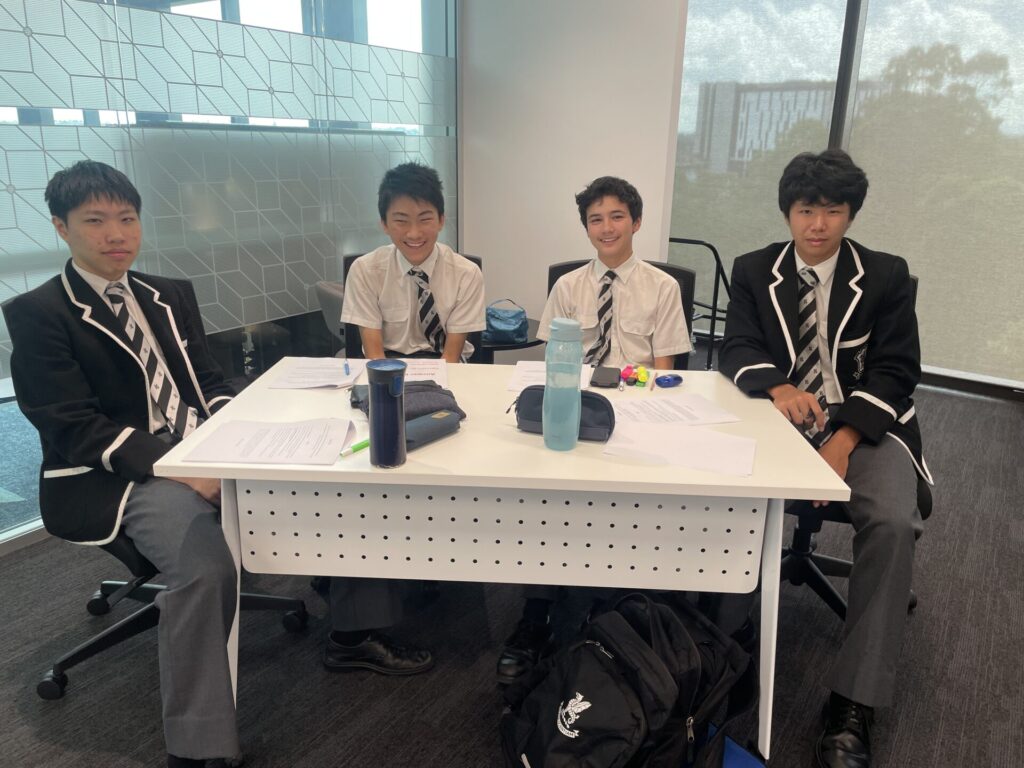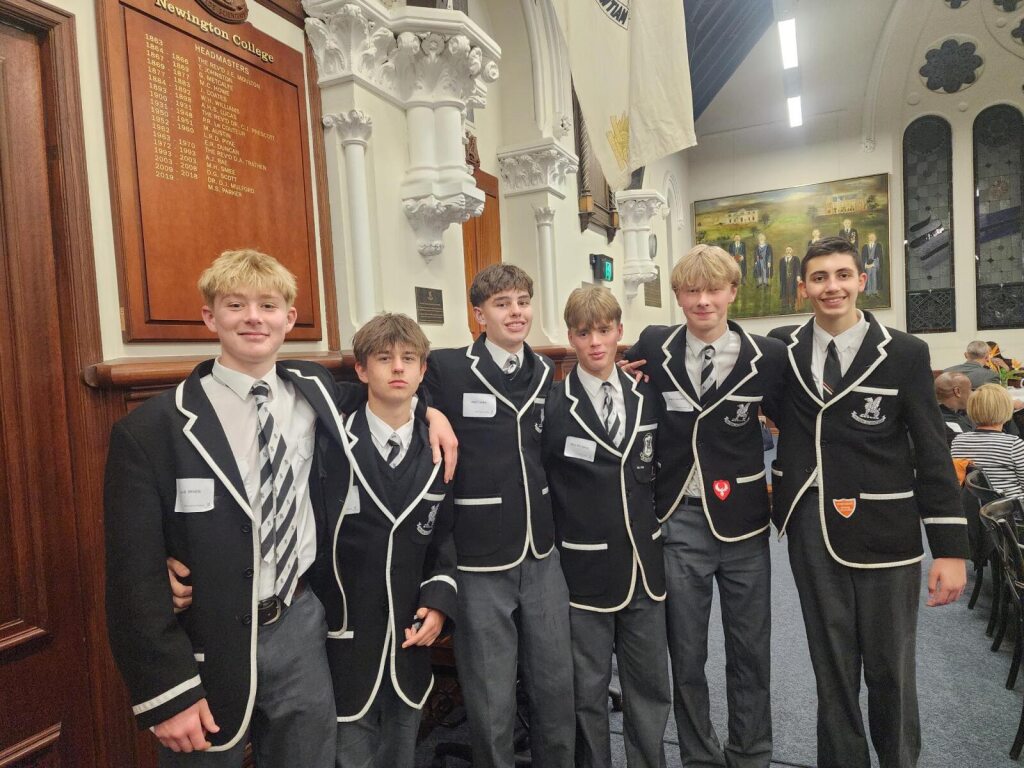Tech students make space for cognition and creativity
In this age of online, neuroscientists are increasingly interested in the cognitive and emotional benefits of working with our hands and the positive kickbacks this has on reducing anxiety and improving memory and attention. Activity is also great for creativity and can help students tackle problems and engage their critical thinking skills.
Mr Benjamin Dawbin, Head of Technology, sees this in practice every day.
Speaking as Newington prepares to showcase its Year 12 makers, designers and problem solvers and their impressive HSC major works across Industrial Technology Timber, Design and Technology and Software, Design and Development, Mr Dawbin says designing and making are engaging for students’ minds and bodies. Technology subjects provide an excellent opportunity for them to apply critical thinking skills in a dynamic and fun environment.
‘I often get asked by parents, why would my child do wood tech if carpentry is not their expected career path,’ Mr Dawbin says.
‘Fair enough question 20 years ago when I was at school but more and more today making with our hands is being understood and appreciated as a high order critical thinking skill.
‘Also, subjects like Technology are complementary to other subjects and act as a balance for students, especially in Years 11 and 12.’
For instance, explains Mr Dawbin, students going from an advanced maths class straight into a physics class are engaging the same part of the brain. Learning something that lights up different neural pathways can help bring balance, and perspective, to a student’s timetable.
‘Technology subjects are very tactile and offer something very different with lots of stimulation for the brain. This creates endorphins going around the body which is healthy for your brain and for your thinking.’
Proof of the pudding is in both the increasing enrolments across the Technology Department and the consistency and calibre of works produced by the 2024 Year 12 HSC cohort across Industrial Technology Timber and Software Design and Development, he adds.
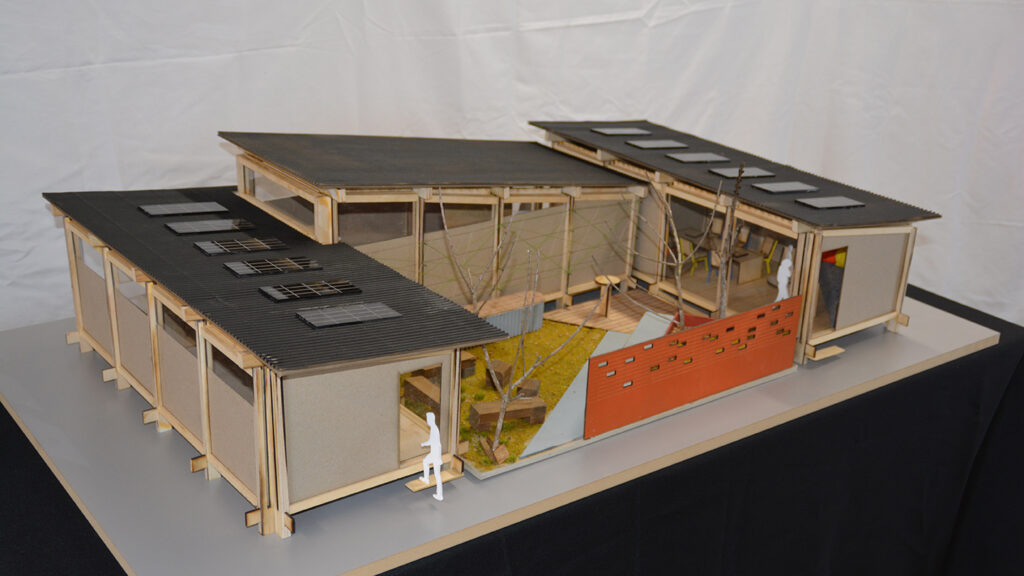
A standout project in Design & Technology this year was an architectural project, the Portable Medically Supervised Injecting Centre, designed by student William Murray.
Designed to help the four per cent of Australians living with a substance dependence, William’s work has attracted the attention of Dr Marianne Jauncey, Medical Director of the Uniting Medically Supervised Injecting Centre (Uniting MSIC) in Kings Cross.
Since opening in 2001, 70 per cent of the people registered with Uniting MSIC have never accessed any local health service before, providing a unique and important entry point for access to health and social welfare services in Kings Cross. William’s design adopts the key successful features of the existing King’s Cross model and attempts to improve it through creating a modular, accessible and sustainable environment that could be accessed by communities across the state.
The timber major work projects this year include a range of deftly crafted contemporary furniture projects. Bedside tables, entertainments units, drinks cabinets, record player units, desks, a tool cabinet and a jewellery box are examples of the exceptional timber projects that have been created this year. These projects were constructed from a variety of timbers including Tasmanian Blackwood, New Guinea Rosewood and Victorian Ash.
A standout project was an entertainment unit made from American Oak constructed by Finlay Luck, which showcased a range of high calibre joinery techniques and a refined aesthetic.
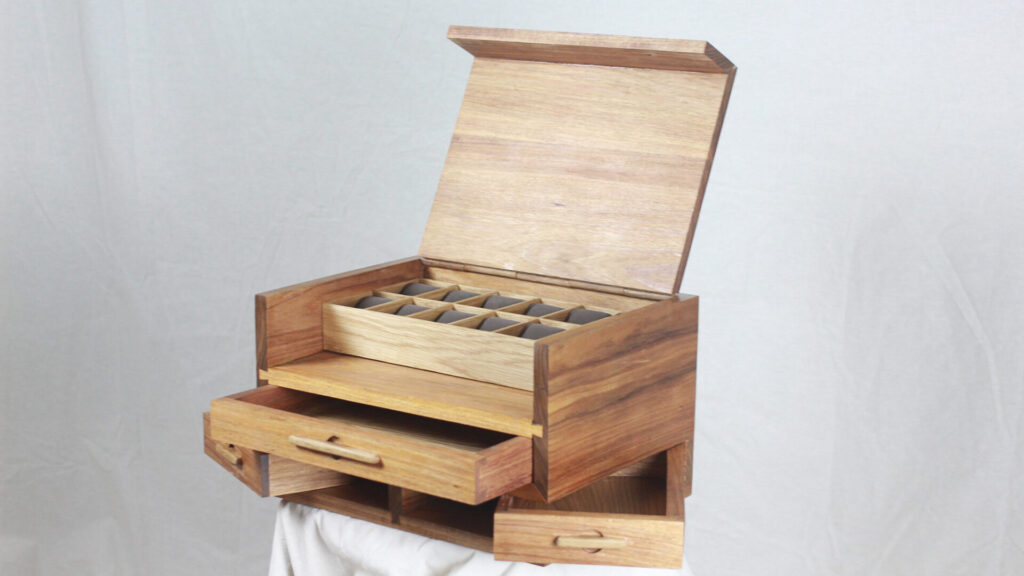
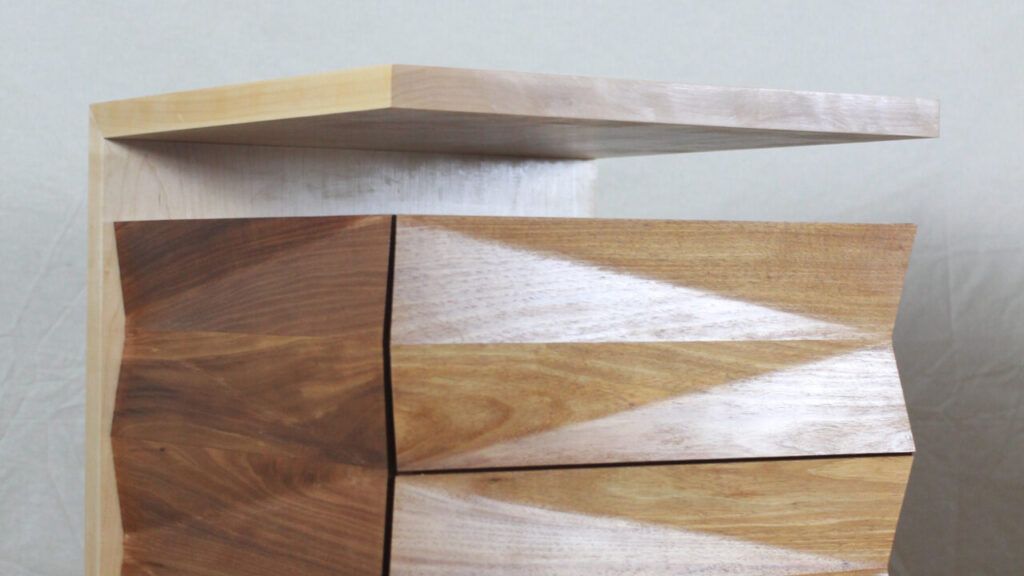
The Software Design and Development students have also excelled this year designing and coding an array of different games and websites, says Mr Dawbin.
‘One student has created an app, Tennis Match Tracker, which helps players to track and record their match statistics across all their matches. Another has created Sports Betting Simulator, a website which imitates sports betting websites without the use of money to help users understand the dangers of gambling.’
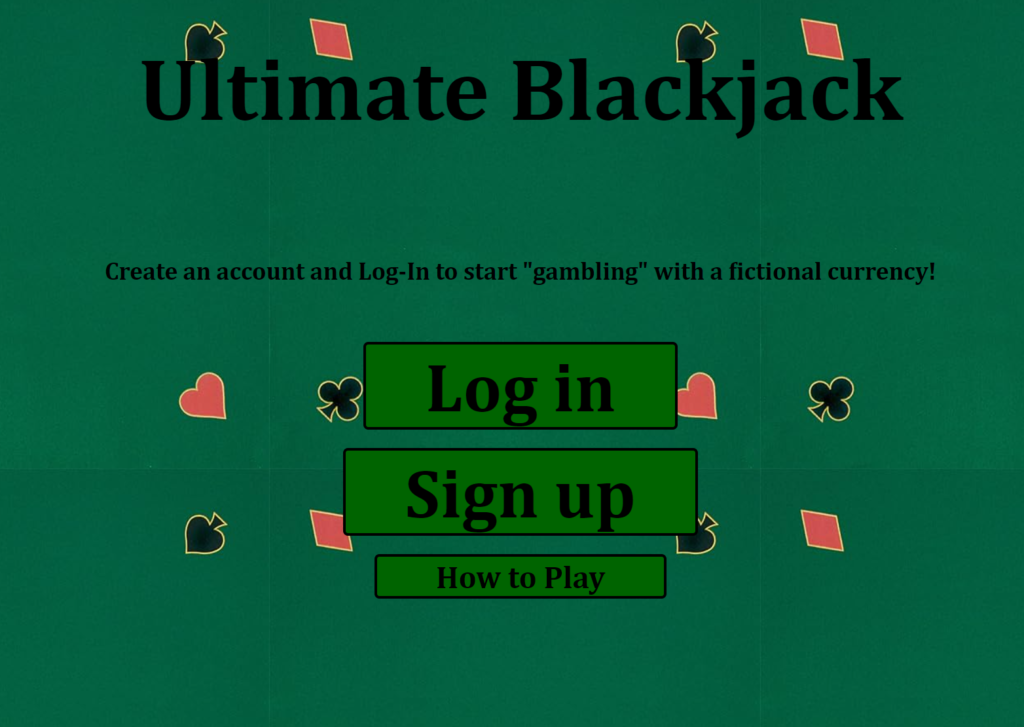
Technology subjects are offered from Year 7 at Newington where all students are given a diverse taste of the subject.
‘Year 7 and 8 learn about product design, woodwork, graphic design, engineering and aeronautics,’ says Mr Dawbin.
‘A highlight for the year 7 students is where they design and race a CO2 powered racing car. There is so much applied learning that takes place in that project because engineering is where the theoretical and the practical world collide’.
In Years 9 and 10 Newington students have a wide variety of elective subjects available to choose from in the Technology Department. ‘We offer a variety of courses in Years 9 and 10 including Computing, Design and Technology, Food Technology, Industrial Technology Engineering and Industrial Technology Timber.’
In Years 11 and 12 students can choose to study a range of subjects from HSC or VET including Construction (VET), Design and Technology, Engineering, Hospitality (VET), Industrial Technology Timber and Software Engineering.
The senior Technology classrooms are highly relational, and students form close bonds with each other and their teachers.
‘Designing and making are highly collaborative tasks that bring people together and create dynamic and engaging classrooms,’ says Mr Dawbin.
‘This dynamic helps foster creativity and thinking, and means lessons are also great fun!’

